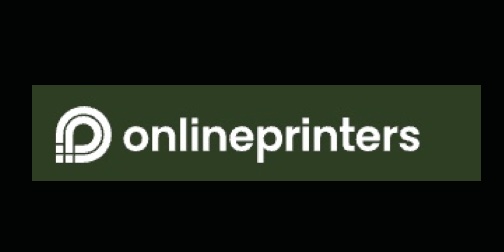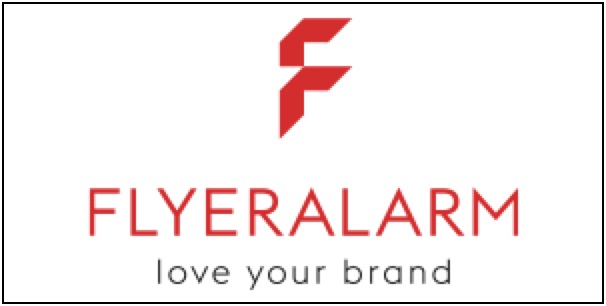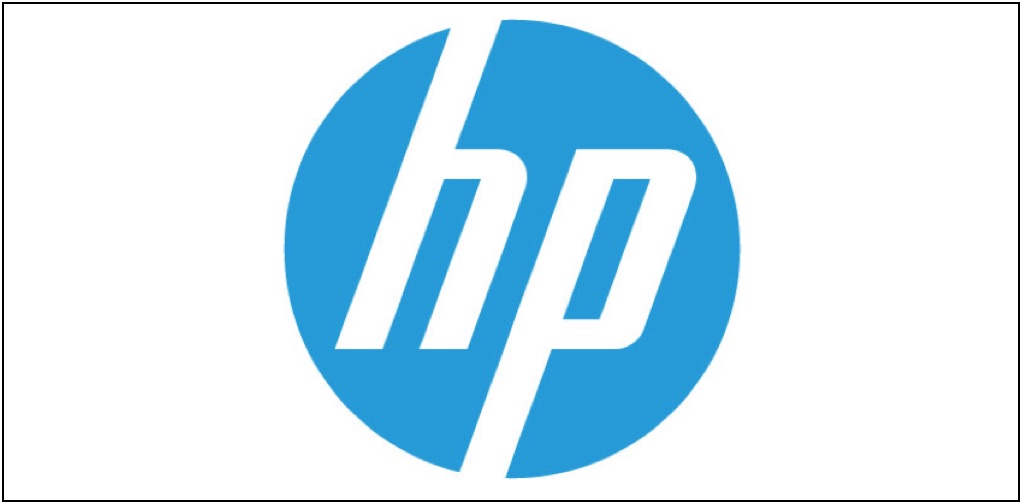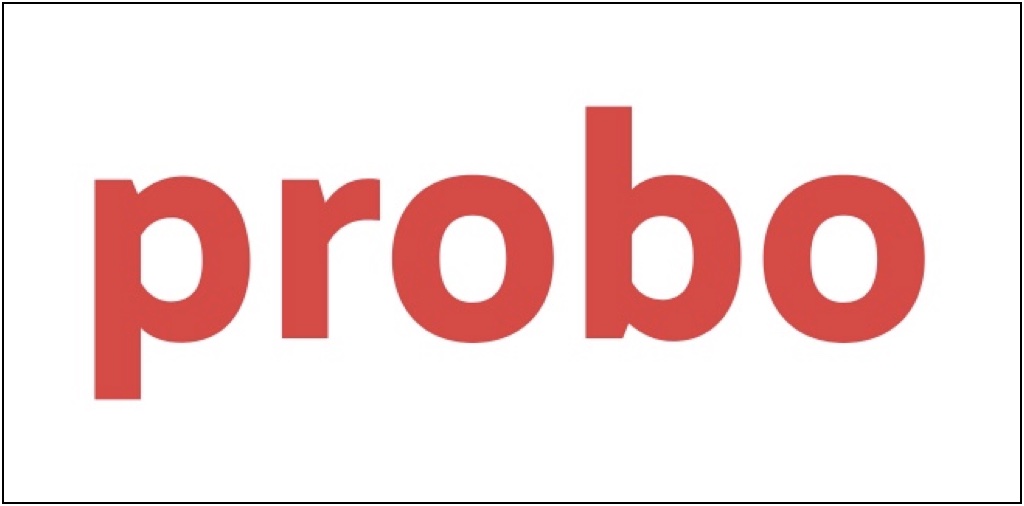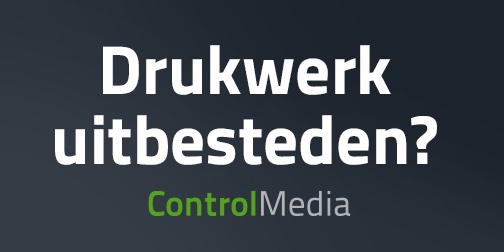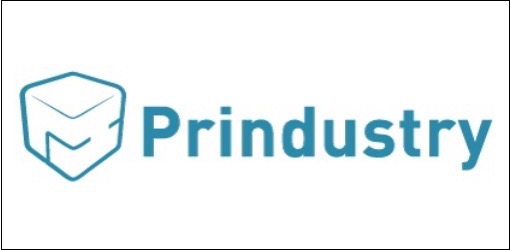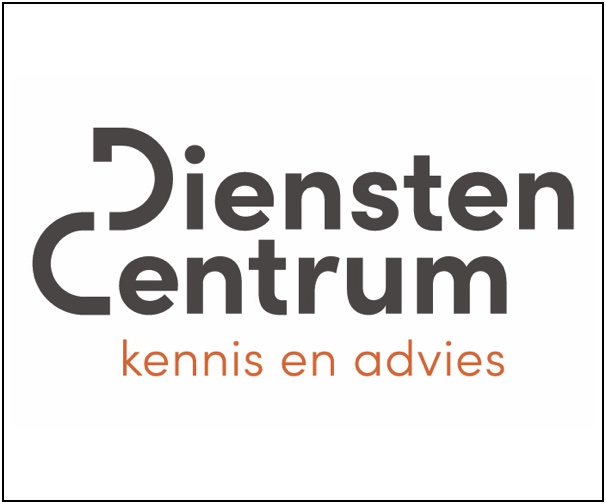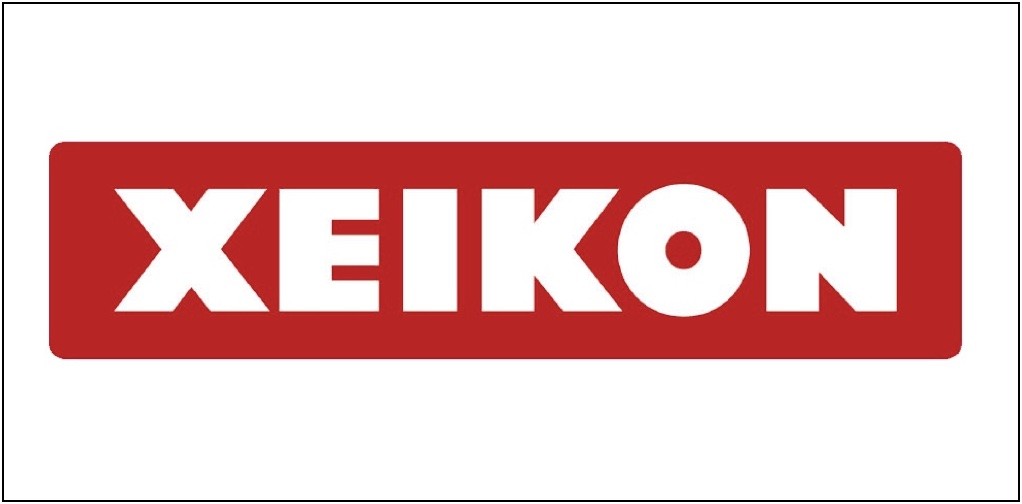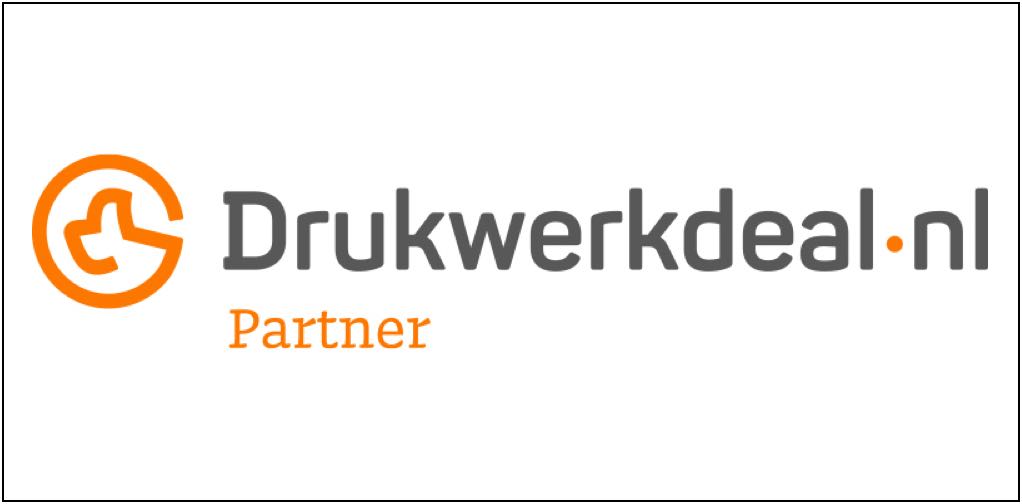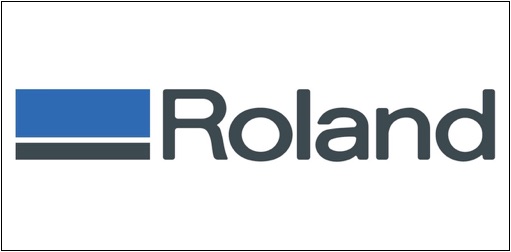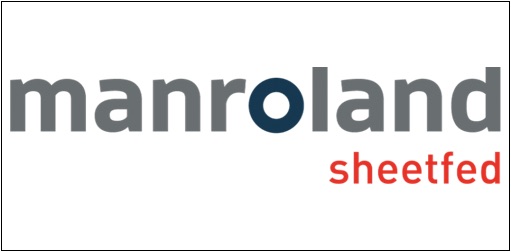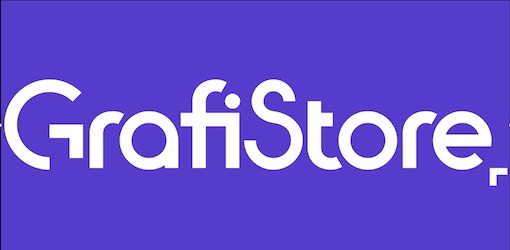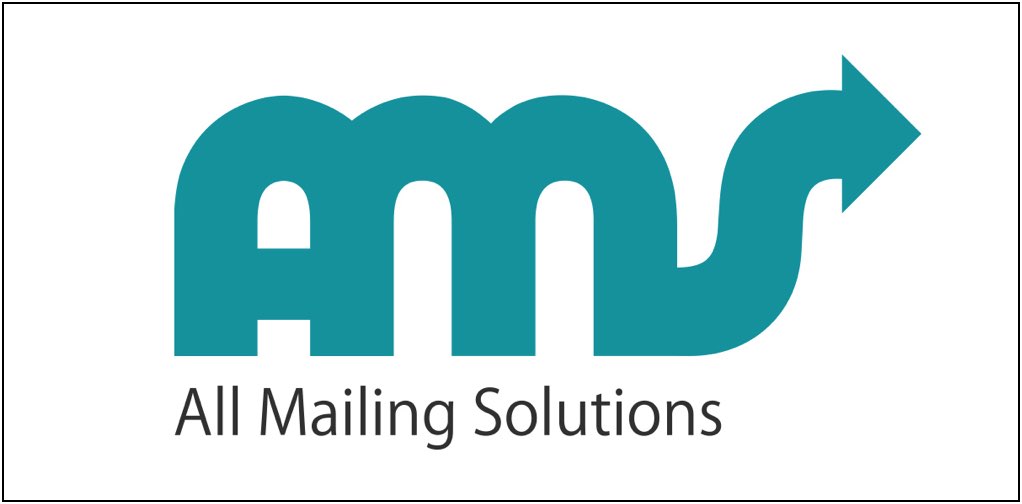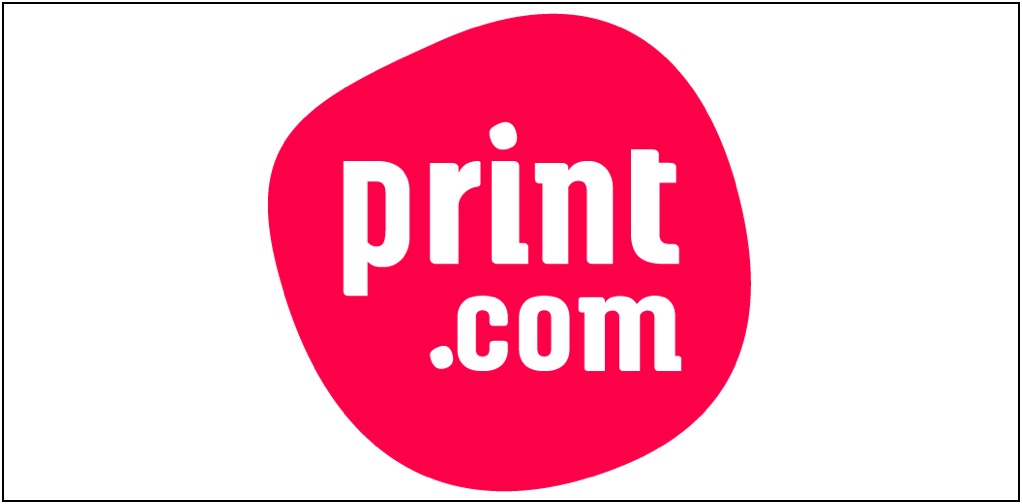Laurel Brunner’s Verdigris Blog: PaperLab Arrives!
 Next month CeBit opens its doors in Hannover to an international audience of tech nerds and their followers. Japan will have a big presence at CeBit, showcasing itself as a driving force in the digital transformation. The star attraction for the graphics industry will be PaperLab, Epson’s paper recycling system currently positioned for use in offices but with wider potential. PaperLab uses a mostly dry process to turn waste office paper into new printable sheets. The CeBit presentation will be the first time this technology has been shown outside Japan.
Next month CeBit opens its doors in Hannover to an international audience of tech nerds and their followers. Japan will have a big presence at CeBit, showcasing itself as a driving force in the digital transformation. The star attraction for the graphics industry will be PaperLab, Epson’s paper recycling system currently positioned for use in offices but with wider potential. PaperLab uses a mostly dry process to turn waste office paper into new printable sheets. The CeBit presentation will be the first time this technology has been shown outside Japan.
The machine looks like a large photocopier and pulverises printed sheets into individual fibres using a process Epson calls defibrating. The process removes inkjet inks and toners, reducing the printed sheets to their naked paper fibres.
PaperLab uses a dry process, so water consumption is minimal and the technology incidentally saves the trouble of shredding documents. There is a considerable carbon footprint attached to the shredding process, which generally involves secure and expensive transport to dedicated offsite shredding facilities. With the PaperLab, secure documents can be dealt with onsite with a managed process that is even more secure.
The recycled material is turned into new sheets of paper through the addition of a special binder and a little water. The binder adds strength and chemicals and can also colour the sheets or enhance their whiteness. The mix is pressed and calendared to produce new sheets, and can even be scented. PaperLab uses far less water than conventional papermaking and although it is initially intended for office environments, the technology can be scaled up.
Mr Minoru Usui, Epson’s global president says that PaperLab will “…transform workplace behaviours and practices. PaperLab can recycle waste paper in the office using a dry process, therefore creating an office ‘eco-system’ that reduces CO2 emissions, increases savings on collection, disposal and logistics, ensures secure disposal of confidential documents and saves water, which is used in huge volumes in traditional recycling processes.”
It takes about three minutes for PaperLab to produce its first new sheet of paper once the machine is loaded with waste. When we first heard about the technology last year it was rated for 18 new A4 sheets per minute, but that figure is now 14, to produce 6,720 sheets per eight hour shift. The machine can also produce A3 sheets and in a variety of weights from office sheets to business card stock.
Epson reckon it will take a year or so to ready PaperLab for the commercial market, a market they estimate to be worth €2 billion. And that’s just in the office sector. The opportunities for Epson to deploy PaperLab in markets such as graphics where they have such broad expertise in substrates and inks, are surely vast.
Laurel Brunner
This article was produced by the Verdigris project, an industry initiative intended to raise awareness of print’s positive environmental impact. This weekly commentary helps printing companies keep up to date with environmental standards, and how environmentally friendly business management can help improve their bottom lines. Verdigris is supported by the following companies: Agfa Graphics,EFI, Epson, Fespa, HP, Kodak, Ricoh, Spindrift, Splash PR, Unity Publishing and Xeikon.
De trainingen voor 2022 staan gereed. Kijk voor het volledige online aanbod van bestaande- en nieuwe trainingen op de website.
BLOKBOEK.COM EN PRINTMEDIANIEUWS: HET OPTIMALE DOELGROEP BEREIK



